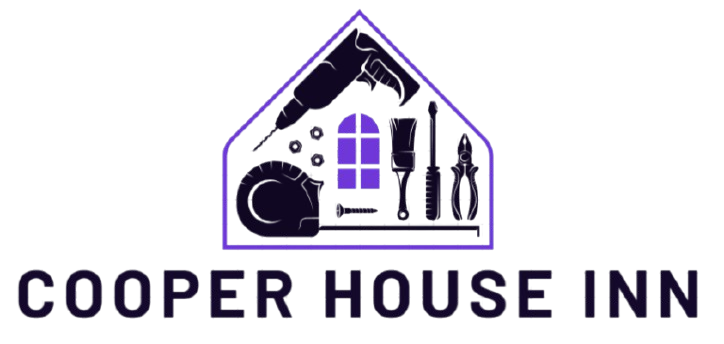Buying a first home can be both a financial and an emotional challenge. It’s a big decision, especially as interest rates threaten to climb and a new mortgage simulation exercise will force new buyers to demonstrate they can afford the current increased interest rates. 2% to buy their first home or pay the rate on a five-year fixed rate loan. The good news is that the tax system could ease some of that burden.
There are five great tax planning strategies you can use to maximize your investment in your first home and, in turn, lay a foundation for your wealth, which could ultimately be tax-free.
RRSPs and the HBP
Many people are unaware that their Registered Retirement Savings Plan (RRSP) comes with the Home Buyers’ Plan, a tax-efficient option that allows up to $ 25,000 to be withdrawn from each spouse as a tax deferral. To buy or build a house. This plan is aimed at first-time home buyers as well as those who have not been homeowners in the current year or in the previous four years.
Tax-deferred withdrawals can also be used to purchase or build a home adapted to the needs of a person with a disability, in which case the first-time home requirement does not apply.
Amount for the purchase of a home
The eligibility criteria for this tax credit are similar to those for the HBP. You and your spouse or common-law partner must not have lived in a residence that was owned by either of you in the year of acquisition or in the previous four years. A qualifying home is defined as an existing or under construction home located in Canada.
Pay off your mortgage loan by taking advantage of the tax rules
To pay off your mortgage faster and pay less interest, which is high at the start and usually isn’t deductible; you can increase your payment frequency to bi-weekly or even weekly.
You could also invest your tax refund in your mortgage. You’ll get the most out of your refund by first contributing to your RRSP to reduce the tax you would otherwise have to pay.
As a third option, you can tap into your Tax Free Savings Account (TFSA) to pay off your mortgage. You will always be able to re-contribute an amount equal to the withdrawals, as long as you do not do so in the same year as the withdrawals.
Sell your principal residence tax-free
If you have to sell your home because the costs have increased, take comfort in telling yourself that the increase in the value of your home will not be imposed on you, subject to certain criteria:
- You have never claimed capital cost allowance on the home as rental or business income.
- You haven’t made a major structural change to accommodate a tenant or a business.
You don’t do a real estate flip for profit.
